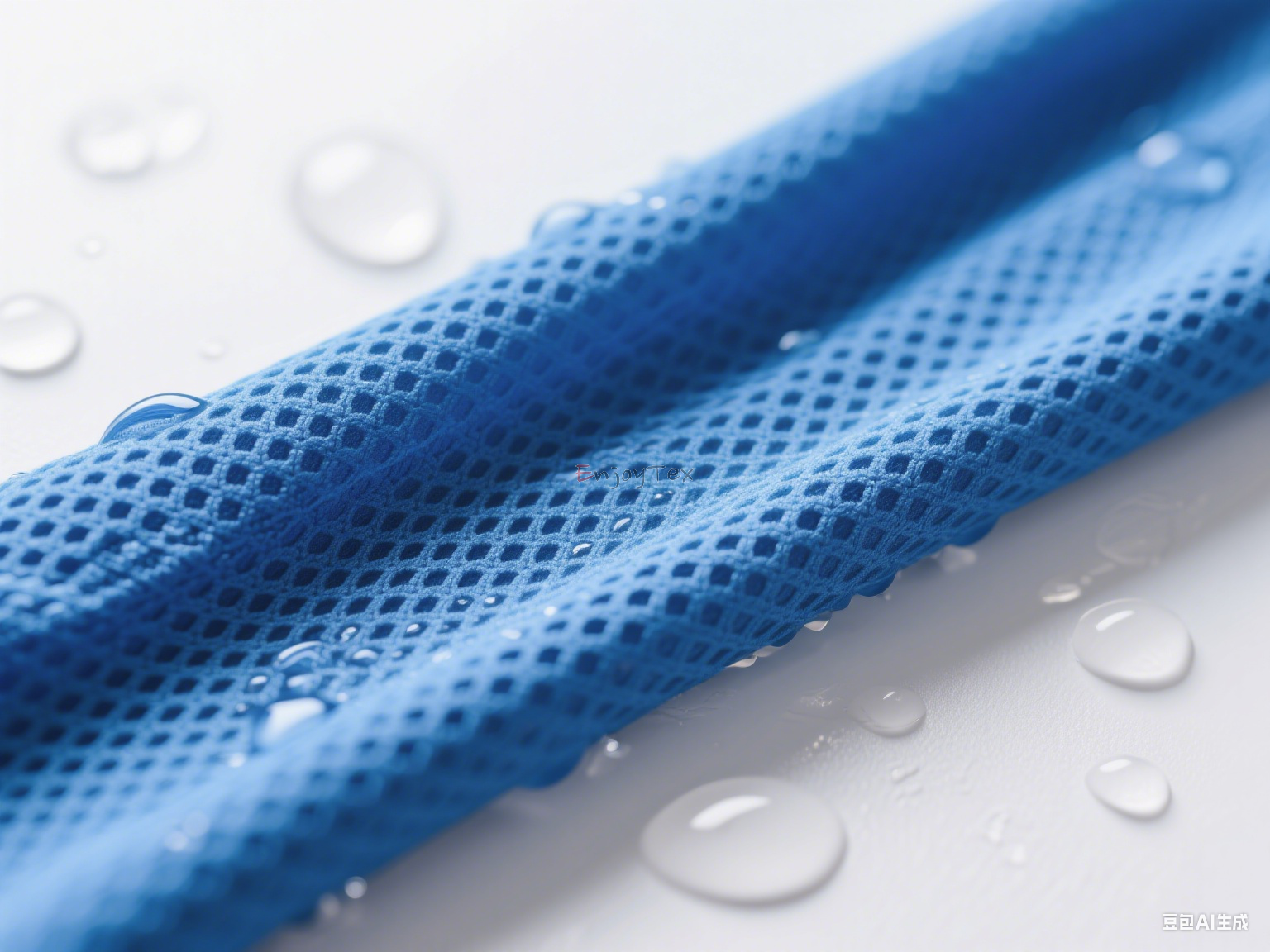Blog
POLYESTER FABRIC
Polyester Fabric Explained
——The King of Synthetic Fibers: From Fundamental Properties to Innovative Applications

1. Essential Definition
Polyester (polyester fiber) is a synthetic fiber made from polyethylene terephthalate (PET), with the chemical formula `(C₁₀H₈O₄)n`. It accounts for over 60% of global chemical fiber production. Its core properties stem from the rigid benzene ring structure in its molecular chains, which provides high strength and stability.
2. Core Characteristics

3. Key Production Processes
(1) Polymerization Reaction
- Terephthalic acid (PTA) + Ethylene glycol (EG) → Esterification → Polycondensation
- Critical parameter: Intrinsic viscosity [η] ≥ 0.65 dl/g (determines spinning quality)
(2) Fiber Spinning

4. Breakthrough Modification Technologies
- CDP Cationic Dyeable:
- Modified with sulfonic acid groups for atmospheric dyeing (30% energy savings)
- PTT Elastic Polyester:
- "Z"-shaped molecular chains, >85% elastic recovery (replaces spandex)
- ECDP Deep-Dyeable:
- 40% higher K/S value, solving traditional polyester’s pale dyeing issues
5. Innovative Applications
(1) Apparel Sector
- Sports Technology:
- Moisture-wicking fabrics (Coolmax® profiled fibers)
- Infrared heat-retaining fibers (ceramic microparticle additives)
- Functional Protection:
- Flame-retardant polyester (phosphorus-based, LOI >28%)
(2) Industrial Textiles

6. Eco-Friendly Evolution
- Physical Recycling:
- PET bottles → crushing → melt reprocessing (rPET)
- Chemical Depolymerization:
- Glycolysis breaks waste back into monomers (closed-loop)
- Bio-Based Routes:
- 30% raw materials from sugarcane (e.g., Susterra® tech)
7. Purchasing Guide
Select polyester types based on needs:
▶ Daily wear: Standard polyester-cotton blend (65/35 ratio)
▶ Sports: Profiled cross-section + moisture-wicking finish
▶ Premium: Microfiber (≤0.3 dtex) silk-like fabrics
▶ Eco-priority: GRS-certified recycled polyester
8. Common Misconceptions
- Myth 1: "Polyester doesn’t breathe"
- Truth: Profiled cross-sections/microporous treatments boost moisture permeability to 5000 g/m²/24h
- Myth 2: "Polyester isn’t eco-friendly"
- Truth: Recycled polyester’s carbon footprint is 75% lower than virgin PET
RELATED NEWS
- 2025 Intertextile SHANGHAI HOME TEXTILE,We are waiting for you 2025-06-18
- VELVET FABRIC 2025-08-11
- CHENILLE FABRIC 2025-08-11
- WOVEN FABRIC 2025-08-07
- SUEDE FABRIC 2025-08-11
CATEGORIES
CONTACT US
Contact: Jennie Feng
Phone: +86 18605718133
E-mail: info@enjoytex.com.cn
Whatsapp:+86 18605718133
Add: A206,10# Xiyuan Road Xihu District,Hangzhou City,310030 China
